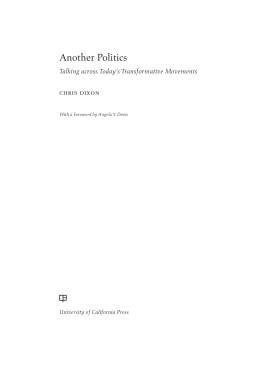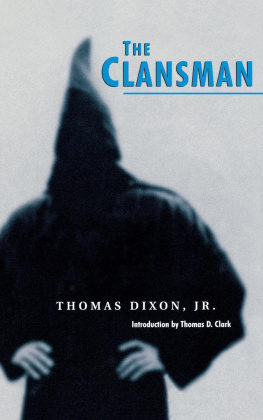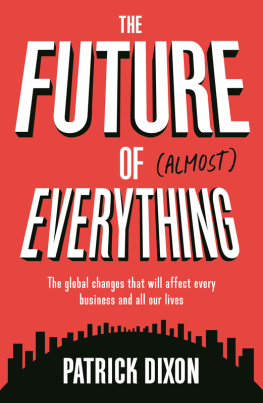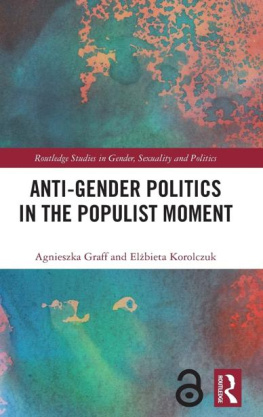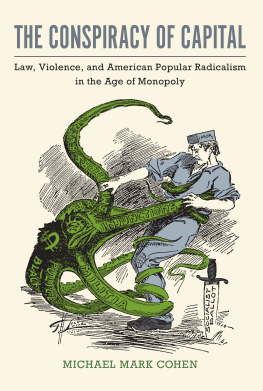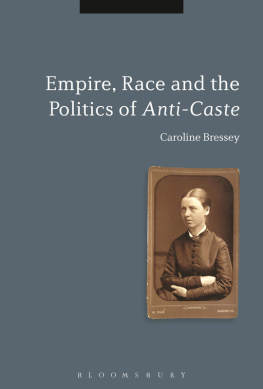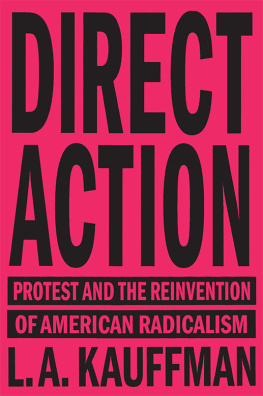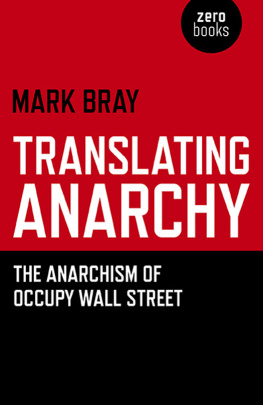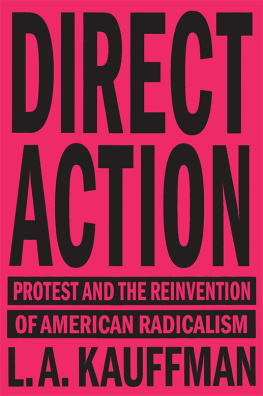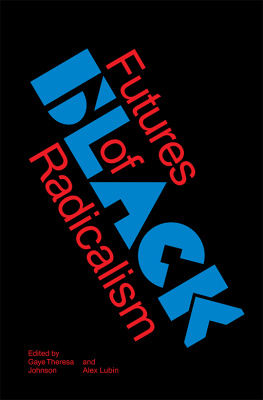Foreword
ANGELA Y. DAVIS
As a member of the jury for an important social justice prize in 2013, I had the opportunity to hear presentations by emissaries from fifteen phenomenal organizations chosen as finalists for the award. They had come from all over the worldAfrica, the Middle East, Asia, Europe, as well as Central and North Americato speak about their leadership and organizing strategies in relation to a wide range of movements, including economic justice, food sovereignty, HIV/AIDS, and prison education. Together they were a vibrant microcosm of global social justice activism.
After two days of presentations and the final announcement of the prize winners, we learned that early on, the competitive context within which they had been summoned had pretty much dissolved. It had become almost irrelevant, many of the organizers said, which ones would emerge as the winners. Without exception, they agreed that the opportunity to share histories, analyses, and strategies was far more valuable than the fact that some might receive the prize and others might not. Given the plethora of issueshomelessness, mass imprisonment, homophobia, the suppression of indigenous rights, racist violence, and repressive immigration policies are only a few of themaround which contemporary organizations and movements revolve, and the tendency for activists to move in circles that reflect their particular interests, there are not many opportunities to exchange ideas and experiences on a sustained basis and within broader contexts. This was a weekend of rich interaction across the usual dividing lines and I came away from it wishing that activist groups could more frequently engage deeply in these kinds of exchanges.
Shortly after the meeting on the social justice prize, when I read Chris Dixons Another Politics, I realized that he had staged, recorded, and analyzed many more insightful conversations with contemporary radical activists than I could have imagined. This book not only allows the reader to feel a part of these conversations about radical movements of today, it also helps all of us to identify key points of convergence and possible future directions for social justice movements in our part of the world. In this impressive documentation of the experiences, theories, and strategies of contemporary radical activism in North America, Dixon records the contributions of people associated with a range of movements in Atlanta, Montreal, New Orleans, New York, the San Francisco Bay Area, Toronto, and Vancouver. As a long-time scholar/activist Chris Dixon is well aware of the dangers of positioning himself as the all-knowing academic masterfully analyzing his subject matterin this case, the activist community of which he himself is a member. He is, of course, a stellar academic, but in this book he is more concerned about collective experiences and communities of resistance than about his individual scholarship. As he points out, he neither writes about, nor even for, movements and their participants; rather he writes with those movements. He consciously avoids a stance that establishes the author as final arbiter. Thus when he informs his readers that he has uncovered three main political directions influencing many radical movements todayantiracist feminism, prison abolition, and new anarchist approaches to organizinghe means that he has engaged in conversations with activists across many regional and national borders and these three important themes have emerged. Given that opportunities for these activists and organizers to meet directly with each other are rare, Dixon allows them to exchange ideas through the interviews he stages in the major cities of North America.
The conversations that animate this book urge us to take seriously new modes of politicization that have recently emerged through, for example, the Occupy Wall Street campaign and the student uprisings in Quebec. For bystanders who operate under the assumption that the Occupy movement was a failure because it did not produce a new political party or a permanent national or international organization or even a coherent political agenda, this book provides important lessons regarding the ongoing significance and the continuing legacies of Occupy. For those closer to the movements detailed here, and who thus realize that the closure of the encampment phase was just thatthe closure of a phaseit clearly enunciates the way Occupy pointed to new modes of creating political community.
While highlighting new approaches to organizing, Dixon does not forget to place these efforts within a political context that acknowledges radical movements of the pastsocialism, anti-colonial campaigns, anti-racist and feminist organizing, and queer movements. He and his interviewees are especially interested in what he calls the anti-authoritarian current that runs through many contemporary movements, but that has been especially deepened by the emphasis in these movements on anti-racist feminism, prison abolitionism, and new forms of anarchism.
In previous decades feminism was assumed to be confined to circles of theorists and activists who have embraced feminism as their primary political identity. Although this idea of feminism still lingers today, at least since the emergence of women of color feminism in the 1980s, which insisted that gender and race (as well as class and sexuality) are always interwoven and enmeshed, these approachesoften abbreviated as intersectionalityhave deeply influenced radical theories and practices. Dixon takes these developments seriously, confirmingwith the help of his various activist cohortsthat anti-racist feminism has informed and indeed transformed most of the important radical movements of our time. The anti-authoritarian current, Dixons primary concern, has been especially and extensively influenced by anti-racist feminism. He refers, for example, to Elizabeth Betita Martinez, one of the pioneering figures in the emergence of anti-racist feminism, whose intervention in the aftermath of the 1999 anti-globalization mobilizations in Seattle, Where Was the Color in Seattle, helped to stimulate dialogue on internal hierarchies, especially with respect to race and gender, within organizations and movements. And although people familiar with academic feminism are expected to be familiar with the Combahee River Collectivethe pioneering black lesbian feminist organization of the late 1970sthis history has not necessarily entered the broader activist mainstream. Even as Chris Dixon engages with current developments at the level of grassroots activism, he allows these conversations to unfold against a valuable and rich historical backdrop.

